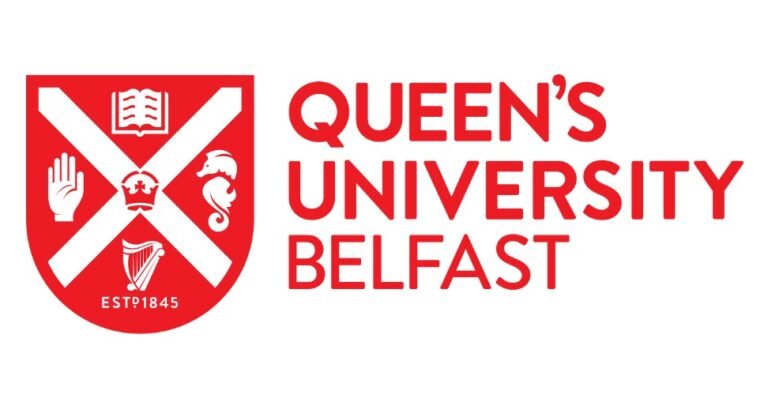Overview
The number of space-based entities and missions is experiencing explosive growth, supporting critical applications like global communication, disaster relief, and national security. These missions rely on secure communication for data exchange and command and control. The longevity of satellites and their associated infrastructure along with the difficulty of changing anything after the launch requires long-term public key cryptography security solutions. The projected arrival of powerful quantum computers within the next decade poses a threat to the current cryptographic systems used for satellite communication. Existing public-key cryptography standards will become vulnerable, potentially compromising critical infrastructure and sensitive data. This project will provide the first comprehensive analysis and implementation of novel Quantum-resistant cryptographic communication implementation in the context of the corresponding requirements for the use-case of aerospace and satellite communication. We will follow the recommendations from the NIST initiated the Post Quantum Cryptography (PQC) competition that announced the first suite of quantum-safe cryptographic algorithm schemes after three rounds in 2022 to replace the Public Key Cryptography standards in use today. Space environments are challenging due to a variety of reasons, e.g., their strict requirements (limited bandwidth of the telecommand uplink channel, high communication latency, low power). In addition, due to the harsh physical environment in space the security protocols, the security solutions should be fault tolerant both at the algorithmic level and the physical level (e.g., the use of specialised Space-Grade PFGAs that exhibit lower performance in comparison).
This project will take up the NIST standardised PQC key establishment and digital signature schemes and will design, test and optimise their EDAC (error detection and correction) circuitry to detect natural faults caused by device malfunctions and the and space radiation caused single event upsets (SEUs). EDAC is crucial to enable reliable functionalities of sensitive and secure satellite systems with stringent constraints. Lattice based cryptography has emerged as one of the most viable classes of PQC algorithms in the NIST PQC competition, however, several aspects relating to the practicality of this schemes for space communications protocols and its fault tolerance has not been thoroughly evaluated.
The key scientific problems it will address are the following.
1. This project will explore various PQC schemes tailored for the aerospace environment particularly addressing the aspects of crypto-agility and real-time efficient solutions.
2. A thorough vulnerability analysis of various PQC schemes against fault occurring due to harsh vibrations and the cosmic environment will be carried out. The most efficient countermeasures to thwart these faults damaging the operation/ security of the schemes will be analysed.
3. Research and development of new agile PQC-based communication means suitable for cooperative missions (e.g., intelligent factories, earth observation, etc.) as well as secure PQC communication through the exploration of efficient implementations of lattice-based IBE and ABE schemes (suitable for mission-critical systems).
Funding Information
To be eligible for consideration for a Home DfE or EPSRC Studentship (covering tuition fees and maintenance stipend of approx. £19,237 per annum), a candidate must satisfy all the eligibility criteria based on nationality, residency and academic qualifications.
To be classed as a Home student, candidates must meet the following criteria and the associated residency requirements:
• Be a UK National,
or • Have settled status,
or • Have pre-settled status,
or • Have indefinite leave to remain or enter the UK.
Candidates from ROI may also qualify for Home student funding.
Previous PhD study MAY make you ineligible to be considered for funding.
Please note that other terms and conditions also apply.
Please note that any available PhD studentships will be allocated on a competitive basis across a number of projects currently being advertised by the School.
A small number of international awards will be available for allocation across the School. An international award is not guaranteed to be available for this project, and competition across the School for these awards will be highly competitive.
Academic Requirements:
The minimum academic requirement for admission is normally an Upper Second Class Honours degree from a UK or ROI Higher Education provider in a relevant discipline, or an equivalent qualification acceptable to the University.
Entrance requirements
Graduate
The minimum academic requirement for admission to a research degree programme is normally an Upper Second Class Honours degree from a UK or ROI HE provider, or an equivalent qualification acceptable to the University. Further information can be obtained by contacting the School.
International Students
For information on international qualification equivalents, please check the specific information for your country.
English Language Requirements
Evidence of an IELTS* score of 6.0, with not less than 5.5 in any component, or equivalent qualification acceptable to the University is required (*taken within the last 2 years).
International students wishing to apply to Queen’s University Belfast (and for whom English is not their first language), must be able to demonstrate their proficiency in English in order to benefit fully from their course of study or research. Non-EEA nationals must also satisfy UK Visas and Immigration (UKVI) immigration requirements for English language for visa purposes.
For more information on English Language requirements for EEA and non-EEA nationals see: www.qub.ac.uk/EnglishLanguageReqs.
If you need to improve your English language skills before you enter this degree programme, INTO Queen’s University Belfast offers a range of English language courses. These intensive and flexible courses are designed to improve your English ability for admission to this degree.
How to Apply
Apply using our online Postgraduate Applications Portal and follow the step-by-step instructions on how to apply.
Find a supervisor
If you’re interested in a particular project, we suggest you contact the relevant academic before you apply, to introduce yourself and ask questions.
To find a potential supervisor aligned with your area of interest, or if you are unsure of who to contact, look through the staff profiles linked here.
You might be asked to provide a short outline of your proposal to help us identify potential supervisors.



